Must Microsoft Offer a Direct Upgrade Path from XP to Windows 8?
Microsoft came under heavy fire with the launch of Windows 7 for not offering a direct migration path from XP. The older operating system, which is now ten years old, is something Microsoft and many other technology firms are keen to move users away from because of its inherent problems with security.
There were perfectly legitimate technical reasons for not offering a direct upgrade path. The underlying technologies in Windows XP and Windows 7 are very different and it was clear to testers early on that many software packages would need to be reinstalled. This didn't help Microsoft however as all copies of Windows, and they're still doing this for reasons I can't fathom, store the user's files and folders on the same partition or physical hard disk as the copy of Windows. These 'shell user folders' have become significantly easier to move in recent years but even so most users would never be aware of how they can do this.
Thus, the vast majority of Windows users are left with their files and folders sitting in the same physical location as Windows and then facing, potentially, the cost of an external hard disk to move them. That is of course assuming they even know how to perform an operation such as this.
The Windows Easy Transfer program supplied on the Windows 7 installation DVD could perform this task for you, but even that wasn't obvious to find for most users and thus the upgrade path from XP to Windows 7 was problematic at best.
Windows XP is ten years old now and will be even older by the time Windows 8 arrives. It could easily be argued that any computer running Windows XP would need to be replaced by now. There are three problems with this. The first assumes that XP is running on a ten year old computer. New computers that were on sale in 2009 were still being shipped with XP and this hardware would be more than capable of running the new OS when it arrives. The second is the assumption that older hardware still won't be able to run the new OS. We've yet to see any real-world performance information but we have now seen a copy of Windows running on an ARM processor at only 1GHz. That's not more than half the processor speed of the earliest netbook. It's reasonable to assume then that Windows 8 will run happily, if perhaps a bit slowly, on ageing hardware and that an upgrade to Windows 8 should work for some people.
The last point with this is that we have just been through a worldwide economic downturn and it's entirely possible that many people will have bought cheap new computers without an operating system and simply had their existing copy of XP moved over to it. These computers would be more than capable of running Windows 7 or Windows 8, but the cost of moving to Windows 7 might have been too much for some people. Let's not forget that XP has always been fairly forgiving when moving a licence from one computer to another.
So already we have a multitude of scenarios in which people might still be happily running Windows XP by the time Windows 8 is released late next year. So what do we expect Microsoft to do to support these people?
One interesting snippet came from a Windows 8 installer leak where the OS is seen to offer to keep the users files and, optionally, programs, during the install. Now I've already said that it would be difficult if not impossible to transfer existing installed programs to a new copy of Windows 8, but the ability to retain a users files would significantly ease the pain for many XP users. This scenario has not been tested yet though and isn't feature complete anyway, so we'll have to wait and see.
There is another alternative though and it's one that I'm keen to see Microsoft try. There has long been speculation that XP Mode, which is an optional virtual machine running a fully-licenced copy of XP for Windows 7 Professional and above, would be built into the next version of Windows. The reasons and benefits for this are many. The operating system is smaller and lighter (Windows 8 can install apparently in as little as ten minutes) and more secure requiring fewer patches. Most patches and updates are for older legacy components. Stripping these out would make the OS much more secure.
There will be people then who perhaps either don't have the original installers for some software, or that have software that won't run on editions of Windows newer than XP. If XP Mode then can install a clean VM copy of Windows XP on your computer, and is built on the old Microsoft Virtual PC technology, could the Windows 8 installer create a virtual machine of an existing Windows XP setup and allow the user access to this through the in-built VM?
We'll have some time to wait before we get an answer to this and, sadly, that answer could very well be that Microsoft won't even bother. The company made clear with Windows 7 that upgrading from XP simply wasn't possible. At the time Windows 7 launched however you still needed a processor that would support virtual machines in order to get XP Mode to work. Not long after Windows 7 shipped Microsoft made changes to the XP Mode program that allowed it to run on any processor. It's not too much of a stretch then to believe that such a feature could work and be built into the Windows 8 installer, if Microsoft felt so inclined as to be helpful.
Personally I'm not too hopeful that any of this will actually happen, which is a pity because the world desperately needs to move people away from the insecure Windows XP and all the problems that come with it, such as people still using Internet Explorer 6, which is a security nightmare. None of us, regardless of what operating system we use, can rest safe from botnet and other virus attacks for as long as so many vulnerable computers still exist in the world. For many then, Microsoft taking the lead and properly helping people to move away simply can't come soon enough.
Advertisement
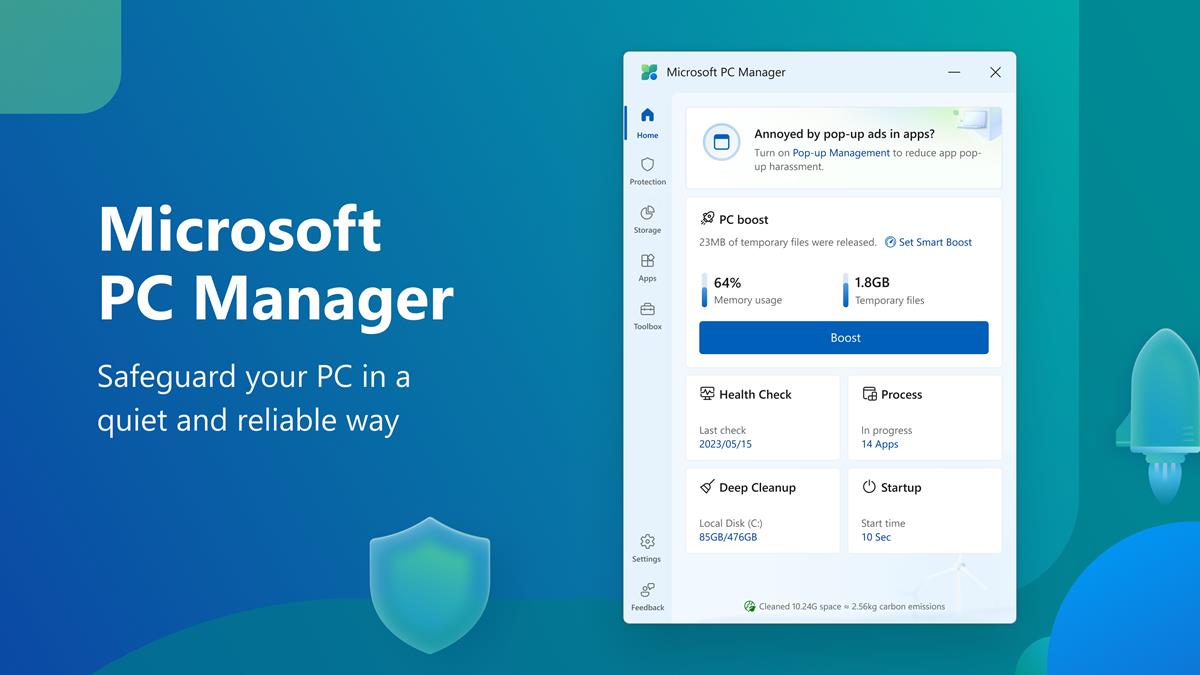

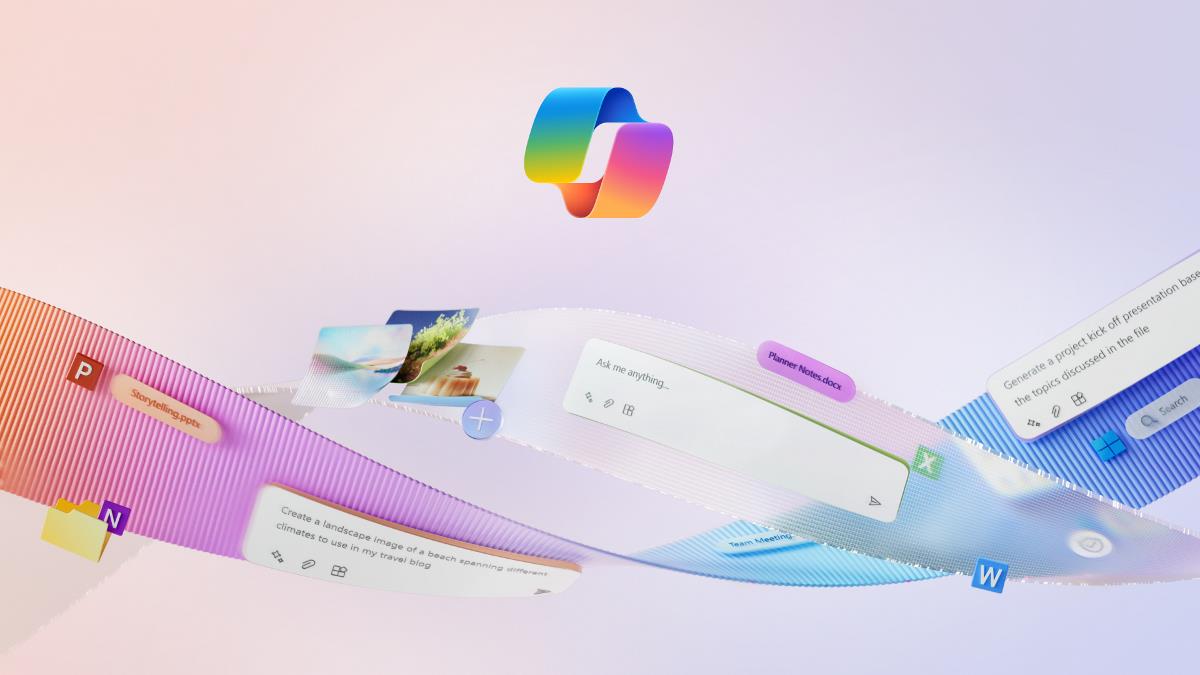
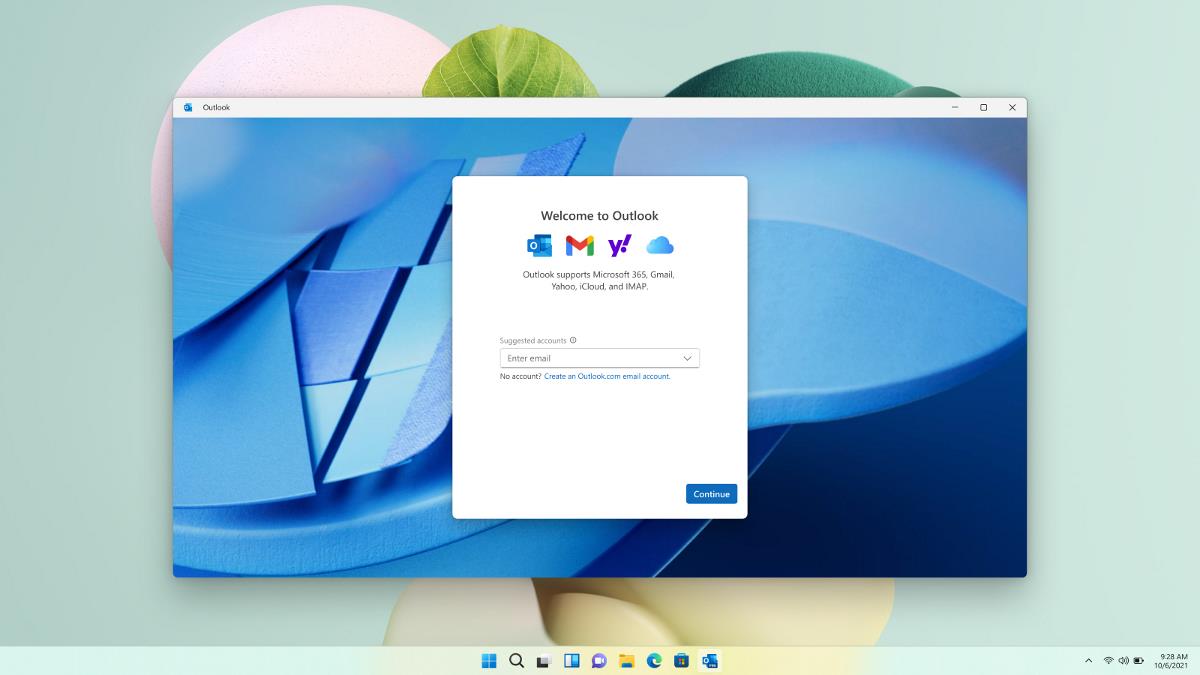




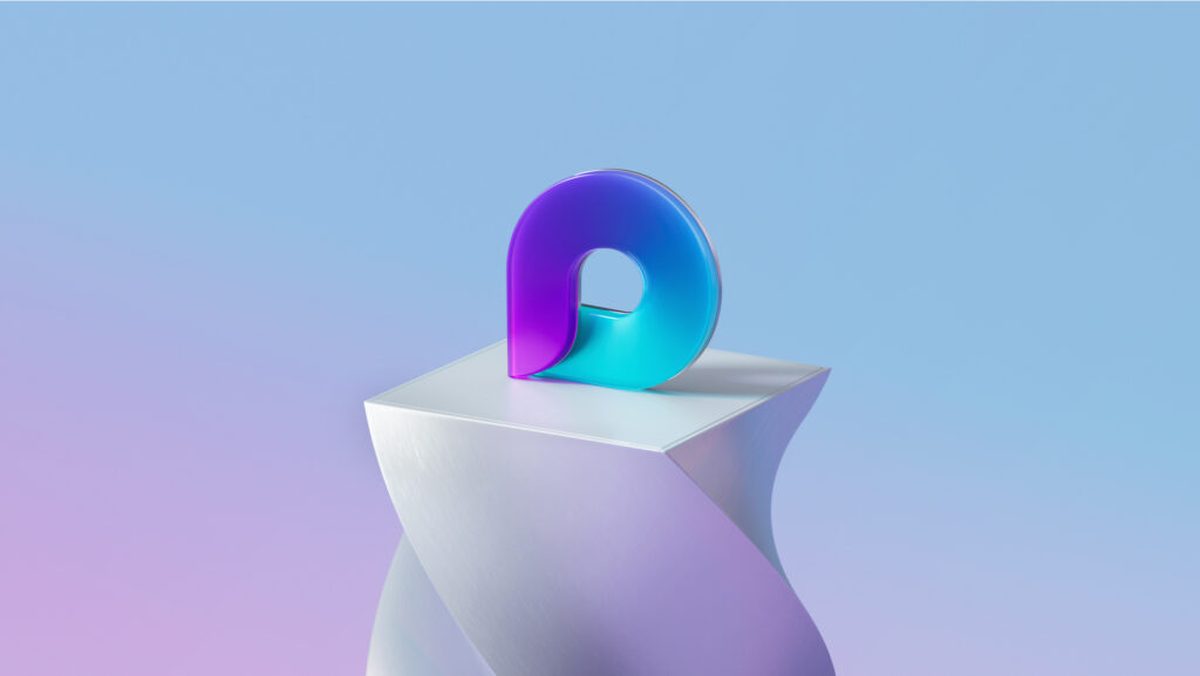
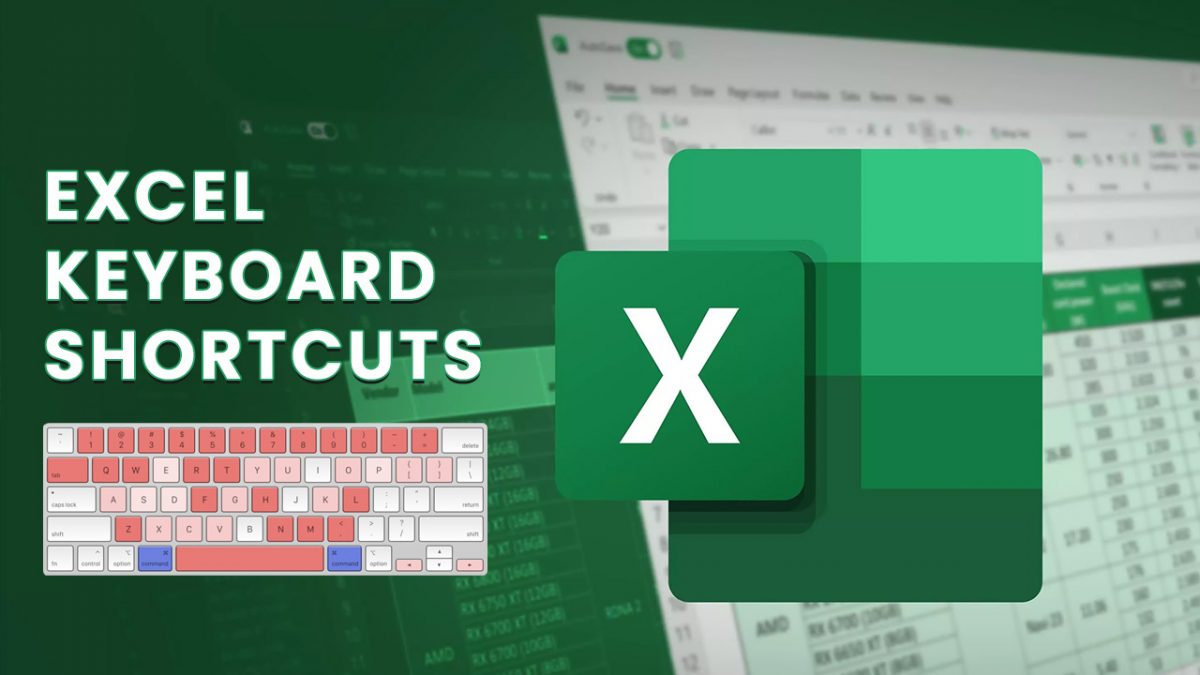











Its clear after reading this article that Microsoft has gotten itself into a major, major disaster. It was all down hill after Windows 95. I now run OSX Lion on a Mac and after using it for just 1 hour, it was clear that Apple is the future of home, office and art computing. It is so far ahead infact that I think it will take a good 10-20 years for any other OS to catch up purely because Microsoft has such a MASSIVE client base already, its a nightmare to steer that massive ship of people around the ice burg ahead. Mean while OSX customers are spreading like mad, people want ease of use, quality and security which is what it was built for since the begining.
Save the planet and keep your pc ’till the hardware fails NOT ’till Microsoft imposes their ‘New Windows’ tax.
if i were microsoft what i would do is firstly add to the installer so that if upgrading from a previous version of windows you then login via the installer to windows live skydrive so skydrive then backs up all your personal files to the cloud, then skydrive interface could to upgraded to include a way of detecting your upgrade path say from xp -> 8 and that way once it upgrades you it puts the files back in your pc in the equivalant storage area.
if this was coupled with a free upgrade via to 8 for all users of xp and earlier then cost couldn’t be used as an excuse it it would just fully upgrade you and viola, all they then have to do is develop a way for the upgrade process to generate your windows 8 free upgrade product id based on your original OS’s product key.
that would be the best idea but as to whether that will happen or not i sincerely doubt it.
My comment did not post for some reason.
Even after a long period of time.
Maybe this won’t either.
Working now.
Hmm. I thought so at first but my experience with upgrades is not so good, I think a clean install is the way to go.
Yes. They should give a direct upgrade from XP to Win8 including auto install of XP mode and moving all XP app to that environment. Users than will be able to check and install compatible apps from xp mode to Win8 .
I personally think they do not have to offer anything, but they would be clever if they did, considering the market share of Windows XP. Sure, it drops but by the time Windows 8 will be released it will still have a two digit market share in most countries.
Hey Microsoft,
What do you think? People will easily upgrade to Windows 7??
By the time people start migrating towards Windows 7, Windows 9 would be out and new Windows 7 users would receive a statement-
“Mainstream support ends for Windows 7 next year, the latest version of Internet Explorer does not run on Windows 7”.
This might be a threat to Windows market share.
Didn’t microsoft allow downgrades to xp on a pc that had windows 7 pre installed on it? allowing people to downgrade and then not upgrade doesn’t seem to fair.
I don’t care whether they make it possible or not.
I love my smooth working, trouble free XP system that harbors tons (only a small exaggeration) of software that may or may not work on Win7, let alone Win8. I have no desire to be “helpfully” or “properly” moved away from my perfect world by Microsoft, or anyone else.
I am not using Internet Explorer 6. The only time I use Internet Explorer(8) at all is for Windows Updates. Else, I use Opera or FF.
My laptop came with Win7 installed so I am familiar with it. I only use it when I must. When the time comes that I’m forced to purchase a new computer, I will quickly become a dual boot system which boots into XP.
Yep, i think this would be really better for XP users
Millions of XP users would disagree. Why is it any of your concern?
Cause Windows 7 (and I think Windows 8 is really better and nicer to work with)